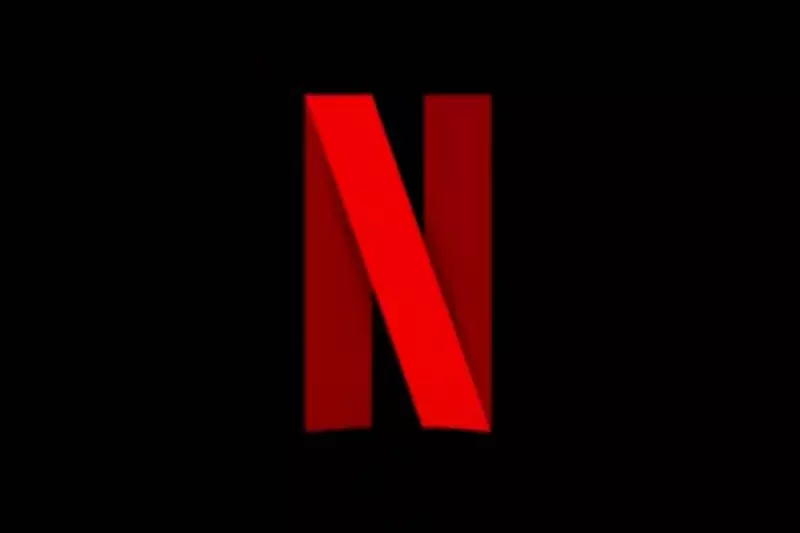
Acclaimed filmmaker James Cameron has issued a stark warning, labelling a potential acquisition of Warner Bros. Discovery by Netflix as a "disaster" for the future of Hollywood.
The High-Stakes Media Battle
The entertainment industry is gripped by a major corporate showdown. Warner Bros. Discovery (WBD), a media titan valued at approximately $50 billion, has put itself up for sale, triggering a fierce bidding war. Among the suitors are several industry heavyweights, including Netflix, Paramount Skydance, and Comcast.
This potential mega-deal would see the owner of iconic brands like CNN, HBO, and DC Studios change hands. The company's President and CEO, David Zaslav, has confirmed that a comprehensive review of strategic alternatives is now in progress. A critical deadline has been set for 1 December for improved second-round offers to be submitted.
James Cameron's Theatrical Defence
James Cameron, the visionary director behind blockbusters like *Avatar* and *Titanic*, has voiced fierce opposition to the prospect of Netflix taking over. He argues that Netflix's core business model, which often prioritises direct-to-streaming releases, fundamentally devalues the traditional cinematic experience.
In his view, this shift is not merely a change in distribution but a threat to the very foundation of film culture. Cameron contends that if films are not primarily released in theatres, the prestige and meaning of accolades like the Academy Awards are rendered "meaningless." He perceives Netflix's approach as undermining the communal, large-screen spectacle that has defined Hollywood for generations.
Implications for Hollywood's Future
The outcome of this sale represents a pivotal moment for the global entertainment landscape. A successful bid by Netflix would dramatically consolidate power in the streaming sector, potentially altering how content is produced, distributed, and valued.
Cameron's criticism frames this not just as a corporate transaction, but as a "nuclear arms race with AI" for the soul of the industry. The debate centres on whether the future of film lies in the convenience of home streaming or the preservation of the theatrical event. The decision made by WBD's board will have profound and lasting consequences for creators, studios, and audiences worldwide.





